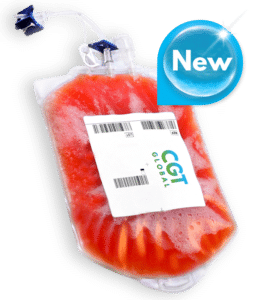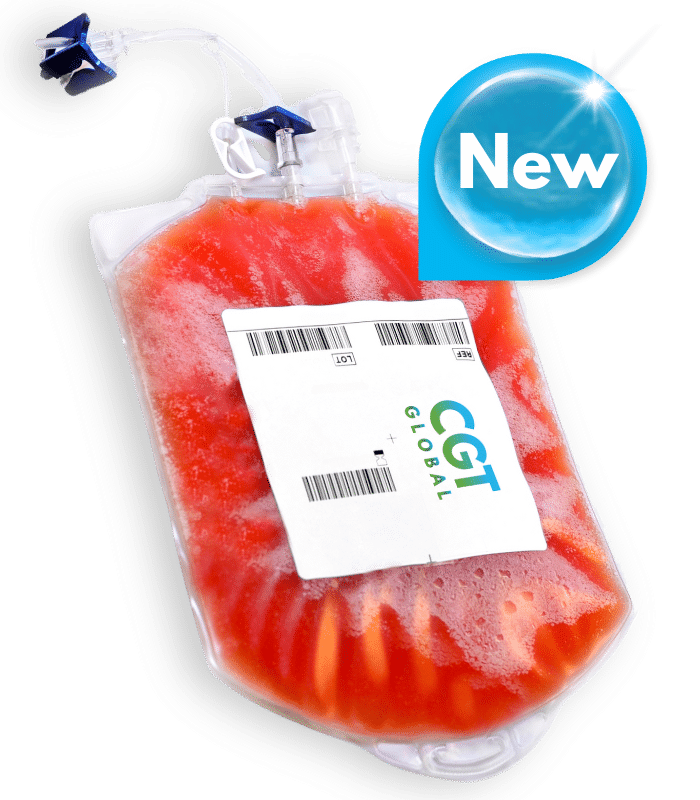CGT Global News

EIN Presswire: CGT Global Receives Approval Aiding Scientists in Discovering Life-Saving Cures

EIN Presswire: CGT Global Receives Approval Aiding Scientists in Discovering Life-Saving Cures
Featured Post
CGT Global, a leading Contract Research Organization (CRO) & biotech manufacturer announced approval to provide disease state leukopaks to researchers worldwide FOLSOM, CALIFORNIA, UNITED STATES, June 11, 2024 /EINPresswire.com/ — CGT Global, a leading international Contract…
Read MoreCGT Global, leader in human cell collection, partners with Austin Financial Services to expedite cell & gene therapy research for life-threatening conditions. FOLSOM, CALIFORNIA, USA, March 20, 2024 /EINPresswire.com/ — A world leader in human cell…
Read MoreFOLSOM, CA, UNITED STATES, December 6, 2023 /EINPresswire.com/ — CGT GLOBAL, a company dedicated to expanding access and scalability of cell and gene therapies, has announced a major collaboration with global company Orgenesis (NASDAQ: ORGS) through its…
Read MoreTHE FUTURE OF HEALTHCARE Our own Cate Spears, CEO and founder of CGT Global, was just interviewed on two major news media outlets. Nationally recognized broadcaster Cristina Mendosa from KFBK and Vicki Gonzales from…
Read More




